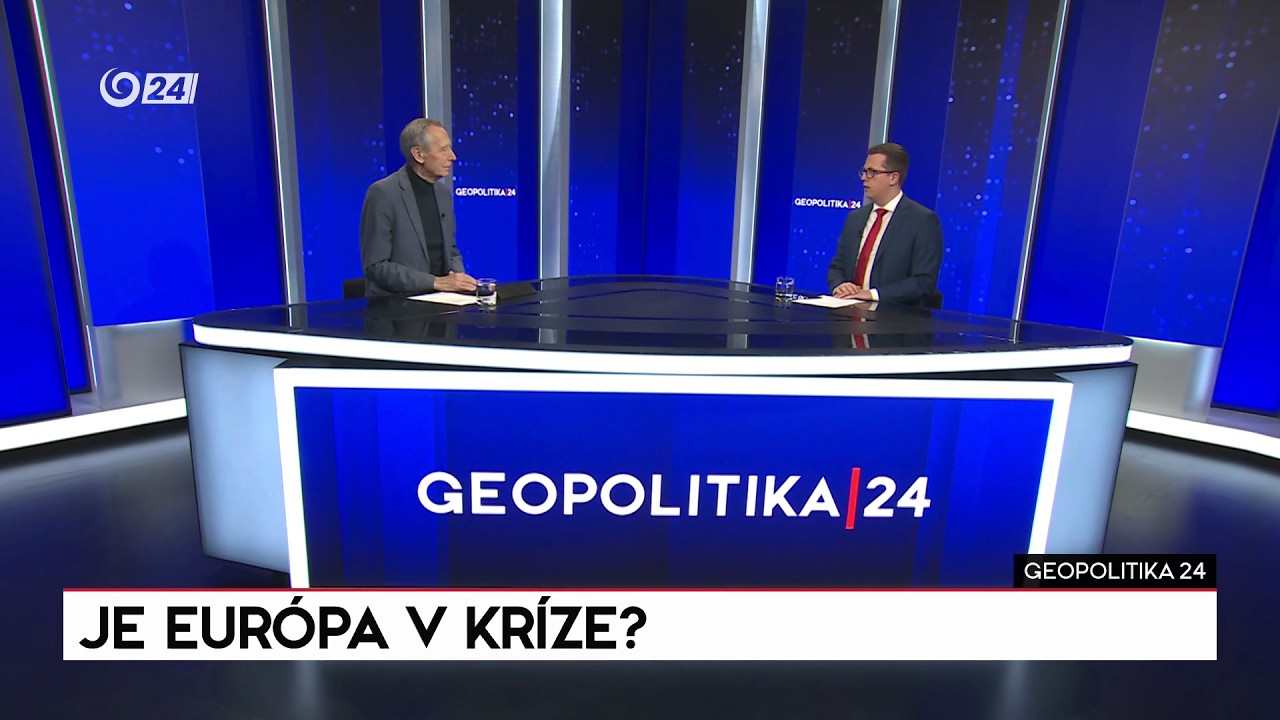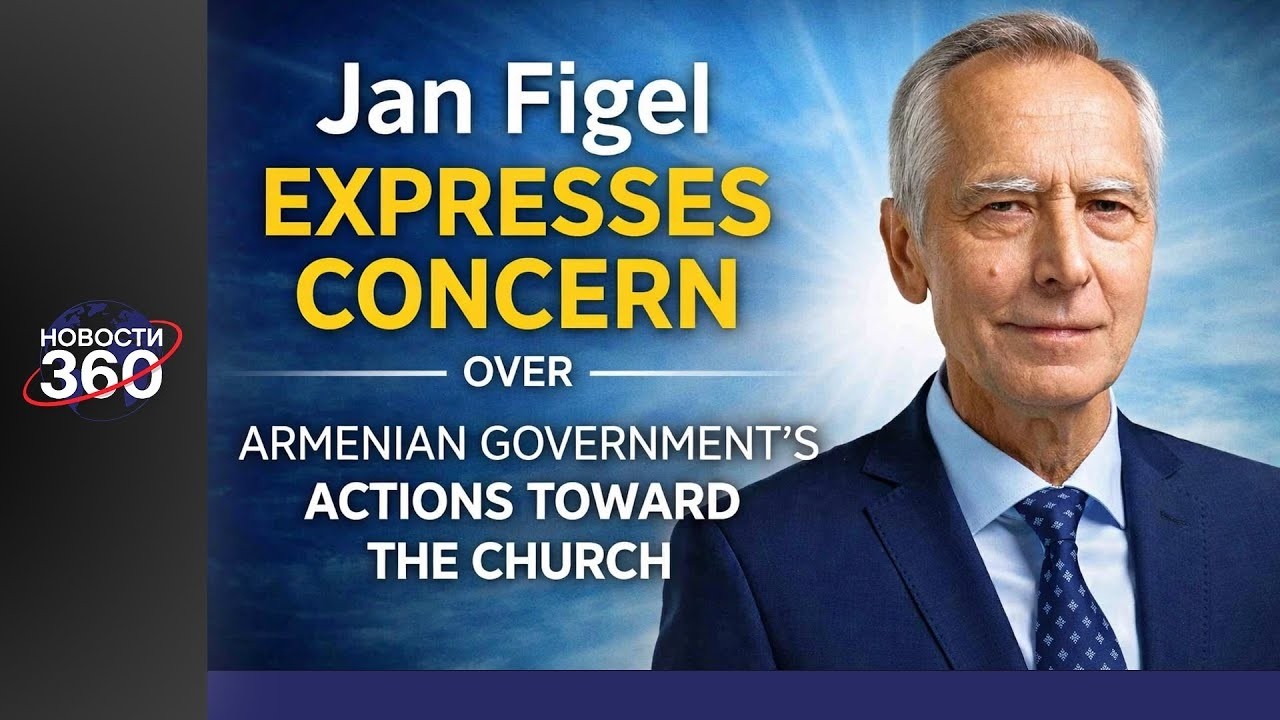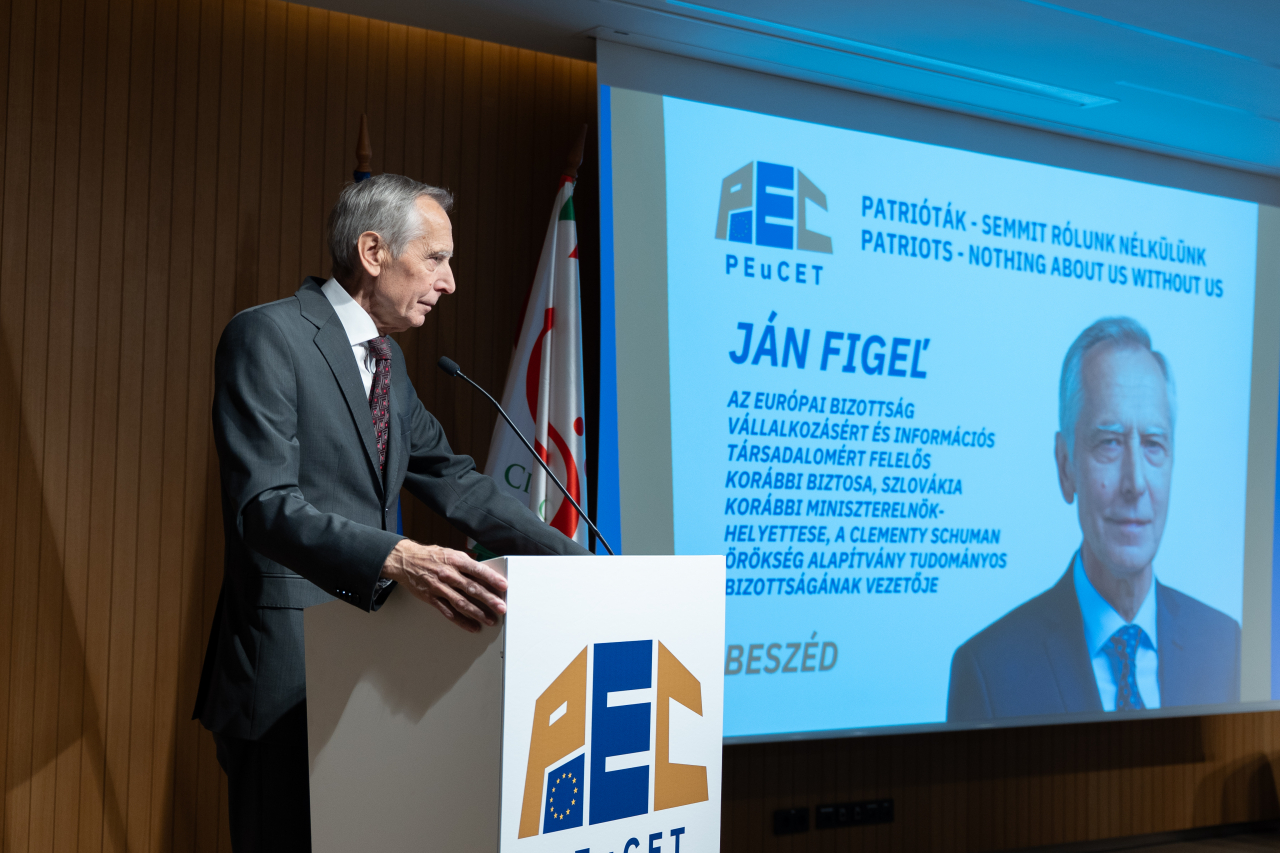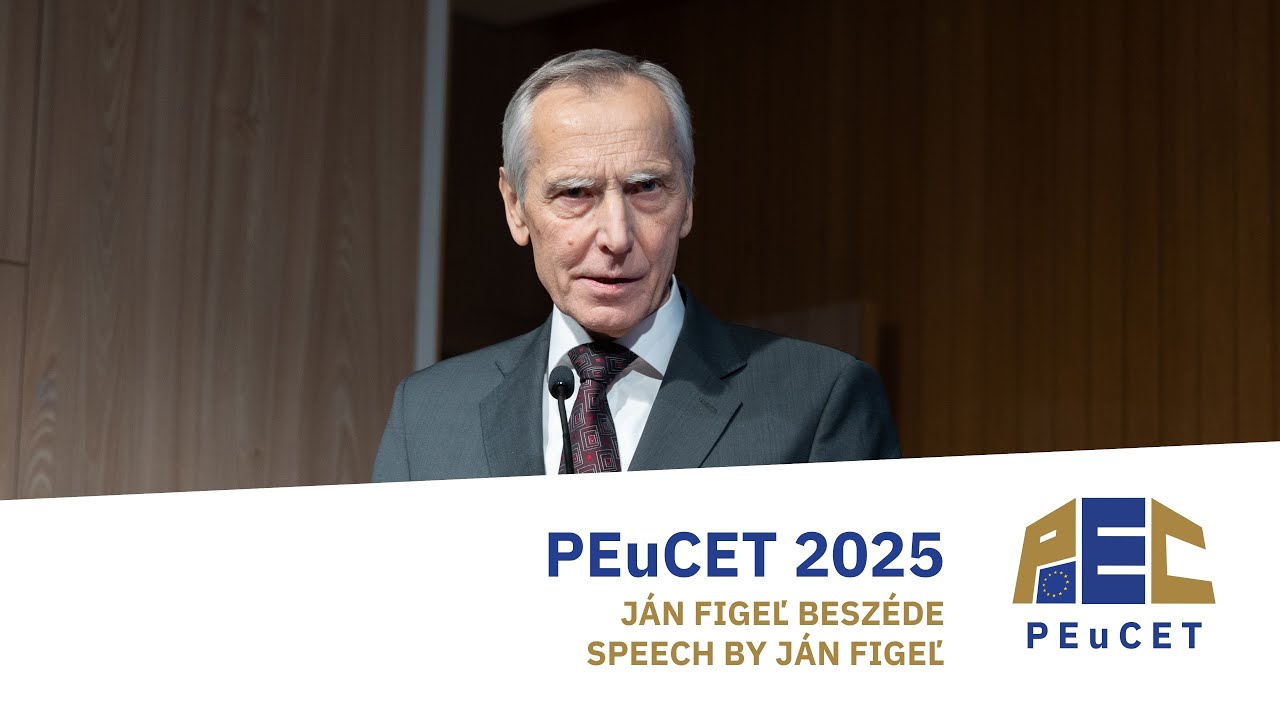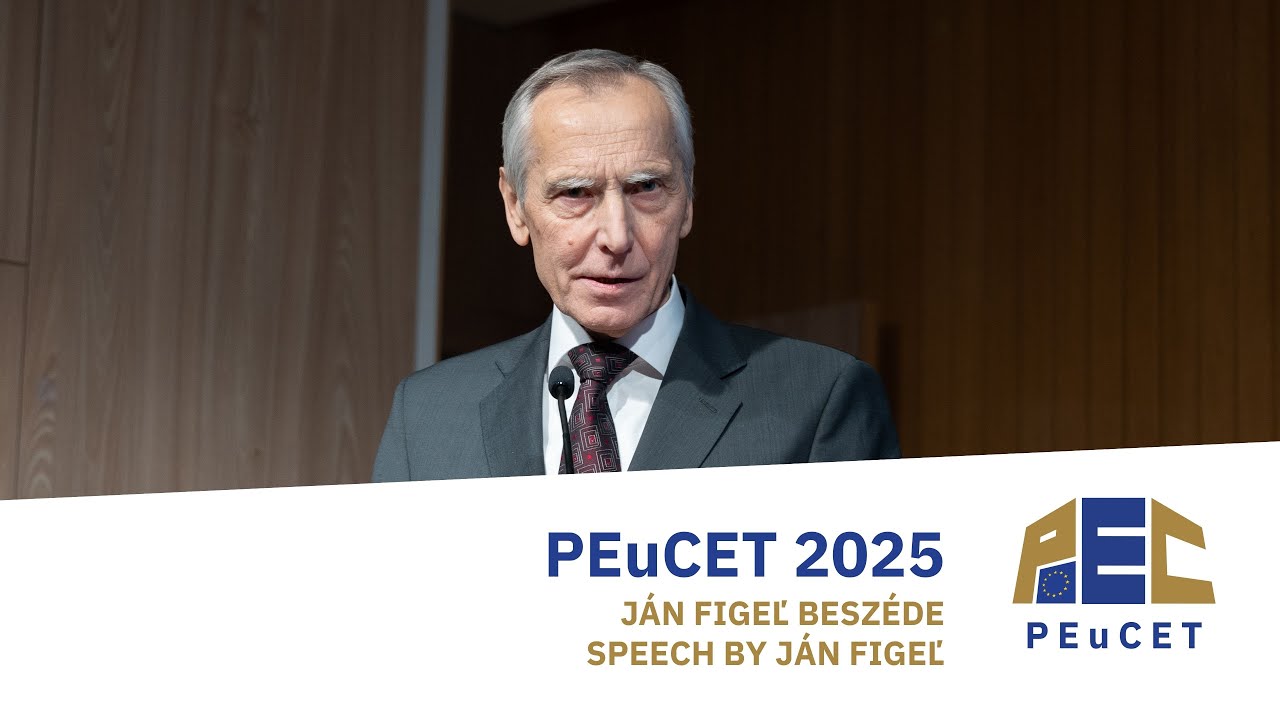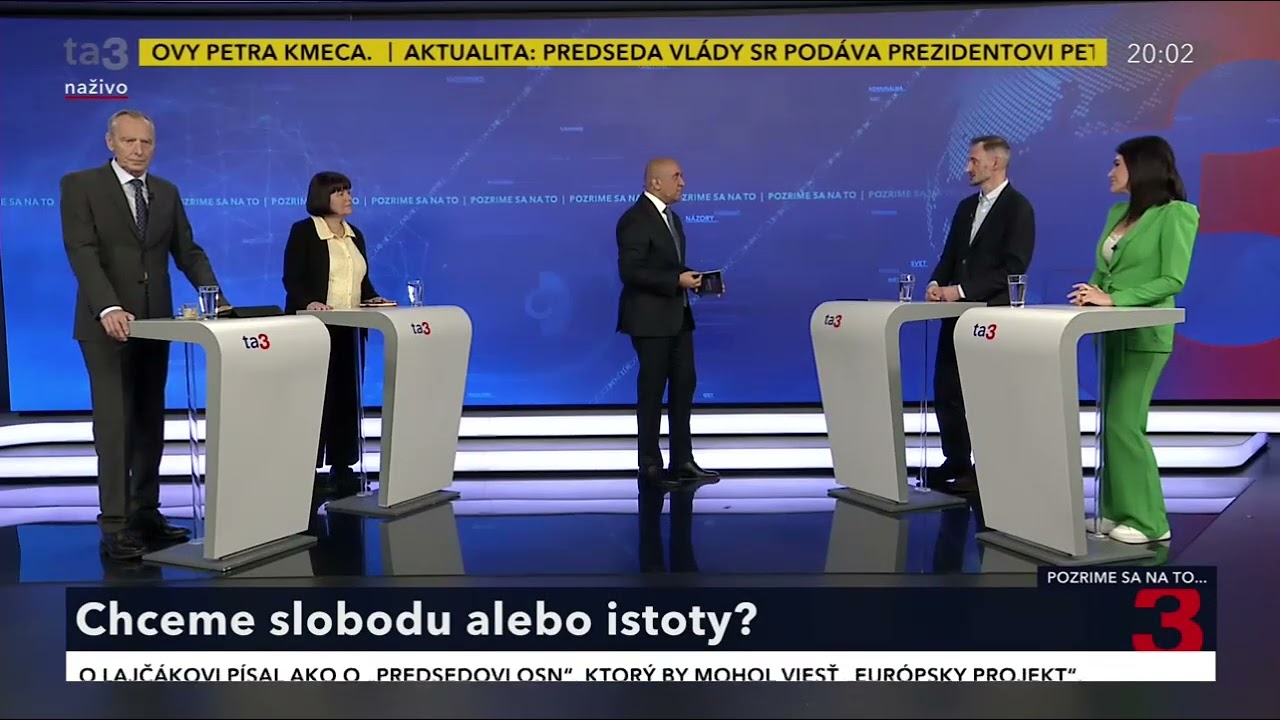By dr. Ľalík Tomáš
On 4 September 2025, the European Court of Human Rights (ECtHR) adopted a decision in the case of Figeľ v. Slovakia. Ján Figeľ alleged a violation of his freedom of religion due to the absolute prohibition of public worship during the Covid-19 pandemic in Slovakia. The case concerns the protection of freedom of religion during the pandemic in general. However, the substance of the case was not decided, as the ECtHR declared the complaint inadmissible for lack of victim status.
This post argues that the arguments used by the ECtHR are superficial and unconvincing, and that it inadequately assessed the factual circumstances. It focusses particularly on the ECtHR’s application of its actio popularis doctrine, in which it assessed that the applicant was not directly affected by the legal regulation prohibiting all public worship, and that he could neither be seen as a potential victim. Had the ECtHR not found the complaint to be inadmissible, it would have had to assess its merits as well as the lack of effective legal remedies and procedural safeguards in relation to restrictions of freedom of religion during the pandemic. By rejecting the complaint on procedural grounds, the ECtHR missed the opportunity to extend its settled case-law to periods of crisis.
Context of the Figeľ case
In order to fully understand the case, its context must be set out. Slovakia, like other countries in the years 2020-2022, faced the Covid-19 pandemic. This involved the introduction of a special legal regime, which fundamentally restricted all rights and freedoms. At the time of the complaint to the ECtHR by Mr Figeľ, on 21 February 2021, the regime restricting rights and freedoms was approximately as follows: the Chief Public Health Officer, as the head of the Public Health Authority (a public authority), issued generally binding acts called decrees, which extensively restricted rights and freedoms. Similar powers were exercised by Regional Public Health Officers.
These decrees had an uncertain legal basis either in the Public Health Protection Act or, during the state of emergency, in the constitutional act on emergency situations. The Public Health Protection Act as the cited legal basis did not contain any criteria, measures, risk assessments or checklists that the Chief Public Health Officer would have to take into account when issuing decrees. The act even contained a provision (Section 48 paragraph 4 letter z), according to which “the Chief Public Health Officer may also adopt other necessary measures for the protection of public health, by which other activities may be prohibited or ordered to the necessary extent and for the necessary period.” The question of necessity, however, remained entirely in the hands of the Chief Public Health Officer. Later, this provision was declared unconstitutional in judgment PL. ÚS 4/2021 of the Constitutional Court of the Slovak Republic because the executive had too much discretion in limiting various human rights without statutory limits.
The unlimited power of the executive was further deepened by the complete absence of individual remedies against decrees of the executive power. In short, individuals in Slovakia throughout the pandemic period did not have a single legal remedy available to challenge a potential violation of their rights. All available legal proceedings were rejected as inadmissible by administrative courts and the Constitutional Court of the Slovak Republic with the reasoning that generally binding legal acts (i.e., decrees of. ÚS executive power) cannot be challenged before the courts by affected individuals (e.g. III. ÚS 728/2021). According to Section 2 paragraph 2 of the Act on Administrative Court Procedure, administrative courts have jurisdiction only in relation to individual acts. Similarly, the Constitutional Court of the Slovak Republic did not allow individuals to challenge generally binding acts of the executive power by constitutional complaints (e.g. IV. ÚS 270/2021). The result was that individuals and their rights were neglected and left without any legal protection.
Mr. Figeľ is a prominent figure of the Slovak political landscape – former Chairman of the Christian Democratic Movement, former Deputy Prime Minister in the government of the Slovak Republic, and also a former European Commissioner, to mention the most visible achievements. For the purposes of the complaint before the ECtHR, he has been a lifelong devoted Catholic attending worship three times a week (§ 4 of the decision). In the complaint, he even provided evidence: the testimony of his local priest.
At the time of submitting the complaint, religious life in the public sphere was completely non-existent, as all publicly conducted worship was suspended. The substance of Mr Figeľ’s complaint was the inability to participate in public worship due to government regulation. Although the legal regime for public worship changed over time, once the government issued a decree declaring or extending a state of emergency (as in December 2020), it generally prohibited freedom of movement with certain exceptions which, however, did not include public worship. The decree was subsequently confirmed either by the Chief Public Health Officer or by Regional Public Health Officers. For example, decree No. 2 of 7 January 2021 of the Regional Public Health Officer in Bratislava in Section 1 paragraph 1 letter c) explicitly prohibited “the holding of public worship, public divine services and public confessions.” The applicant challenged the legality, legitimate aim and necessity of this interference with freedom of religion.
Reasoning of the ECtHR
Regrettably, the ECtHR did not address the core arguments relating to the legality, legitimate aim and necessity of the contested interferences. After four years of proceedings before the ECtHR, the Strasbourg court decided to reject the complaint as inadmissible on the basis of the actio popularis argument. The ECtHR recalled its case-law on potential victim status and on the burden of proof of the applicant to provide evidence of changed behaviour, risk of prosecution, or belonging to a class of persons directly affected by the legal regulation (§ 6). The ECtHR emphasised the duty of applicants to provide reasonable and convincing evidence that they are likely affected by the violation (§ 7). It referred to the well-known judgment S.A.S. v. France, where the Grand Chamber recognised the victim status of the applicant based on the fact that she either complied with the prohibition of full-face covering, which affected her freedom of religion, or risked possible sanctions. She faced an impossible dilemma (S.A.S. § 57).
The ECtHR found that the applicant failed in “providing any information about his personal situation, apart from claiming that he could not attend public worship. For example, he did not specify to which religious community he belongs (…). Moreover, the information provided in his submissions related more to the authenticity and credibility of his conviction, which was not contested by the government, than to the likelihood of a violation which would personally affect him (§ 8).” The applicant did not allege that he faced prosecution “if he had attended public worship” (§ 9).
What went wrong at the ECtHR?
Even such a short decision by the ECtHR deserves criticism on at least three levels. I argue that the decision (i) suffers from flaws in the reasoning concerning victim status and the burden of proof arising from the circumstances of the case; (ii) is evidence that the Strasbourg Court sometimes works with victim status in an arbitrary manner, and also (iii) had the ECtHR admitted the complaint for a determination on the merits, it would have had to confront its settled case-law on the absence of effective safeguards and legal remedies in a situation of restrictions of freedom of religion, which Mr. Figeľ suffered.
(i) Not awarding victims status to Mr. Figeľ
First, the applicant is notoriously known as a member of the Roman Catholic Church. He referenced this fact several times in the complaint. It is not clear why the ECtHR refused to acknowledge this stated fact. Because of this, it is unnecessary to ask the applicant to provide proof of which worship services were suspended or in which region he lives, as it was evident that all religious services were suspended at relevant time in all Slovakia.
Next, the ECtHR unjustifiably requires the risk of prosecution for participation in public worship to be borne by the applicant, since impossibilium nulla obligatio est. Since public religious activities were suspended (the ECtHR states nothing to the contrary), the applicant could not participate in any, nor could he defy the decrees of the executive power. The assertion by the ECtHR is therefore problematic, since the applicant is an ordinary believer and cannot organise public worship either for himself or for others. Every recognised church has its own rules as to how religious rites are to be conducted. It is generally known that the Roman Catholic Church has a clergy, which leads and organises worship for the faithful. As a result, the applicant could not find himself in a dilemma between respecting the prohibition and compromising his faith, or breaching the prohibition, since no worship was available.
Third, given the circumstances of the case – i.e. the authenticity of the applicant’s religious conviction, the religious duty of Roman Catholics to attend public worship at least on Sundays, and the prohibition of public worship – it would have been more appropriate to analyse the case under direct, as opposed to potential, victim status, and to grant it to the applicant. Believers cannot prove how else they are affected by a general prohibition on publicly manifesting their faith other than by stating the existing legal and factual framework which prohibits worship. The link between the legal regulation and the interference with freedom of religion is sufficiently clear to conclude that the applicant was personally and directly affected by the measures of the executive power.
Here, the ECtHR’s can perhaps learn from the Supreme Court of the USA, which, in the recent judgment Mahmoud v. Taylor, admonished lower courts for requiring parents to submit additional evidence as to how the exercise of their religion was affected by the reading of books with LGBTQ content in public schools in Maryland. The mere fact of the applicants’ deep faith and the problematic nature of such books in light of their beliefs was sufficient to establish a prima facie violation of the provision on freedom of religious practice.
(ii) Victim status in other cases
Secondly, the Figeľ case is a good example of how the ECtHR sometimes applies the victim status test arbitrarily. In many cases, the mere existence of a legal regulation has passed the test without any impact on specific individuals, and applicants were considered potential victims. For example, the famous Norris v. Ireland (§ 32) where an Irish Senator and active homosexual was a potential victim of statutory penalisation for certain homosexual activity or Marckx v. Belgium (§ 27) in which an illegitimate child was a potential victim of discriminatory regulation on civil status and property rights. Likewise, women of reproductive age challenging a legal regulation criminalising abortions (Open Door and Dublin Well Women v. Ireland, § 42-44) or students facing corporal punishment in the United Kingdom (Campbell and Cosans v. the United Kingdom; § 25-26) were considered victims.
Unlike Mr. Figeľ, who was individually and directly affected by the legal regulation concretely taking away his possibility to attend religious service and who was left without remedy, the applicants in these cases challenged the legal regulation in abstracto and in several cases had domestic legal remedies available.
When loosely comparing Figeľ with the Open Door case, if the ECtHR applied the same test for victim status, it would require the applicants in the latter case to produce medical documents demonstrating that they were women of childbearing age and to provide evidence that they had sexual intercourse with a possible pregnancy.
(iii) Effective safeguards and individual remedies
Finally, if the ECtHR had reached the merits stage, it would have had to apply its case-law on effective safeguards and individual remedies for the sake of legality. The ECtHR generally requires the law to provide the individual with legal protection against arbitrary interference with rights and freedoms, which includes adequately defining the scope of discretion delegated to administrative bodies. Especially in cases of delegated legal regulation, it examines the scope of discretion of the executive body determined by law. It is a violation of the Convention if this scope of discretion is unlimited in cases concerning freedom of expression (Vladimir Kharitonov v. Russia) or freedom of assembly/association (Navalnyy v. Russia, GC).
Even in cases under Article 9 the ECtHR has previously held that the state has a positive obligation to provide “an effective and accessible means of protecting rights guaranteed under this provision, including securing a regulatory framework of decision-making and enforcement mechanism safeguarding individual rights and, where necessary, also realisation of concrete steps.” (Osmanoğlu and Kocabaș v. Switzerland, § 86).
Due to the formalistic application of the actio popularis doctrine at the initial stage of the proceedings, the broad scope of discretion of the organs of the executive power combined with the absence of any legal remedy for individuals in Strasbourg went unremarked and may reoccur at the next crisis.
Conclusion
The case of Figeľ v. Slovakia is significant for several reasons, including serious restrictions of freedom of religion during the pandemic, excessive discretion of administrative bodies when interfering with this freedom, and also the absence of effective legal remedies for the affected individual. Instead of addressing the substance of the complaint, the ECtHR rejected it on the basis of dubious use of actio popularis, which in the circumstances of the case was inappropriate. As a result, the arguments regarding the harsh regime of restrictions of freedom of religion during the health crisis went unheard. It is precisely during a crisis that fundamental human rights are most important.
By Tomáš Ľalík
Tomáš Ľalík is Professor of constitutional law specialising in human rights at the Department of Constitutional Law of Comenius University and a member of the Judicial Council of the Slovak Republic.








